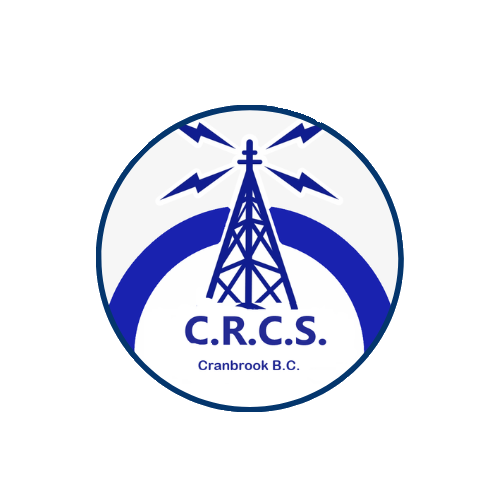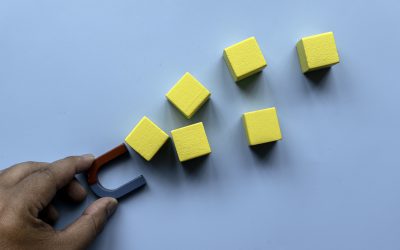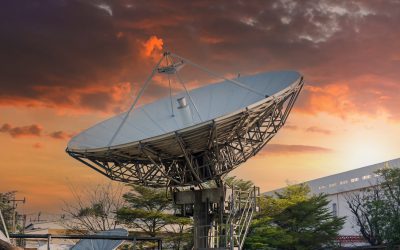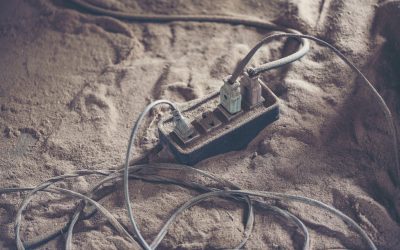Your content goes here. Edit or remove this text inline or in the module Content settings. You can also style every aspect of this content in the module Design settings and even apply custom CSS to this text in the module Advanced settings.
The History of Morse Code
Early Development
Morse Code was developed in the 1830s and 1840s by Samuel Morse and Alfred Vail. It was initially created for use with the telegraph, a device that revolutionized long-distance communication by transmitting electrical signals over wires. Samuel Morse’s original idea was to create a code that could represent letters and numbers through a series of dots (short signals) and dashes (long signals).
Implementation and Standardization
The first successful demonstration of the telegraph using Morse Code took place on May 24, 1844, when Morse sent the message “What hath God wrought” from Washington, D.C., to Baltimore, Maryland. This event marked the beginning of the widespread adoption of Morse Code for telegraphic communication.
In the years that followed, Morse Code underwent several refinements. The International Morse Code, a standardized version that included changes to make it more efficient, was adopted in 1865 at the International Telegraphy Congress in Paris. This version of Morse Code is still in use today.
Military and Maritime Use
Morse Code became a crucial tool for military and maritime communication in the late 19th and early 20th centuries. It was used extensively during both World Wars for sending encrypted messages and coordinating troop movements. Ships at sea also relied on Morse Code for communication, particularly for sending distress signals. The famous SOS distress signal (··· — ···) is one of the most well-known uses of Morse Code.
Transition to Modern Communication
With the advent of newer technologies like radio, telephone, and the internet, the use of Morse Code in commercial communication declined. However, it remains an important skill for amateur radio operators, also known as “hams,” and is still taught in many military and maritime training programs.
Learning and Practicing Morse Code
Why Learn Morse Code?
Learning Morse Code offers several benefits. It enhances your understanding of communication technology, improves your cognitive abilities, and connects you with a global community of enthusiasts. For amateur radio operators, Morse Code is a valuable skill that allows for efficient communication, especially in emergency situations when voice transmission may not be possible.
Basic Elements of Morse Code
Morse Code consists of dots (short signals) and dashes (long signals), which are used to represent letters, numbers, and punctuation. Each character has a unique combination of dots and dashes. For example:
- A: ·-
- B: -···
- C: -·-·
- 1: ·—-
Learning Tools and Resources
There are many tools and resources available to help you learn Morse Code. Some popular methods include:
- Apps and Software: Apps like Morse Code Ninja and software like CW Player provide interactive lessons and practice exercises.
- Online Courses: Websites like Learn CW Online offer structured courses with lessons and quizzes.
- Practice Groups: Joining a local or online practice group can provide motivation and support from fellow learners.
Practice Techniques
Regular practice is essential for mastering Morse Code. Here are some effective techniques:
- Daily Practice: Dedicate a few minutes each day to practice. Consistency is key to building proficiency.
- Copying Practice: Listen to Morse Code transmissions and write down the characters you hear. This helps improve your listening skills.
- Sending Practice: Use a Morse Code key or a software-based practice tool to send messages. This helps develop your sending skills and timing.
Applications of Morse Code
Amateur Radio
Morse Code, known as “CW” (Continuous Wave) in the amateur radio community, is a popular mode of communication for hams. It is especially useful for making contacts over long distances, as CW signals can penetrate noise and interference more effectively than voice signals. Many amateur radio contests and events include CW categories, providing opportunities for operators to test their skills.
Emergency Communication
Morse Code remains a reliable method of communication in emergency situations. Its simplicity and effectiveness make it ideal for transmitting messages when other forms of communication are unavailable or unreliable. Many emergency preparedness organizations, including ARES (Amateur Radio Emergency Service) and RACES (Radio Amateur Civil Emergency Service), train volunteers in Morse Code for disaster response.
Aviation and Maritime
While modern technologies have largely replaced Morse Code in aviation and maritime communication, it is still taught as a backup method. Pilots and sailors learn Morse Code as part of their training to ensure they can communicate in the event of equipment failure.
Educational and Recreational Use
Morse Code is also used for educational and recreational purposes. Schools and clubs often include Morse Code in their curriculum or activities to teach students about communication technology and history. Scouting organizations, such as the Boy Scouts and Girl Scouts, offer merit badges for Morse Code proficiency.
Historical Preservation
Preserving the knowledge and skills associated with Morse Code is important for maintaining our cultural and technological heritage. Museums, historical societies, and amateur radio clubs often host demonstrations and workshops to educate the public about Morse Code and its significance.
Morse Code has a rich history and remains a valuable skill for communication enthusiasts, amateur radio operators, and emergency responders. By learning and practicing Morse Code, you can connect with a global community, enhance your cognitive abilities, and be prepared for emergency situations. Whether you’re interested in its historical significance or practical applications, Morse Code offers a fascinating and rewarding experience.




